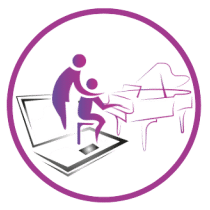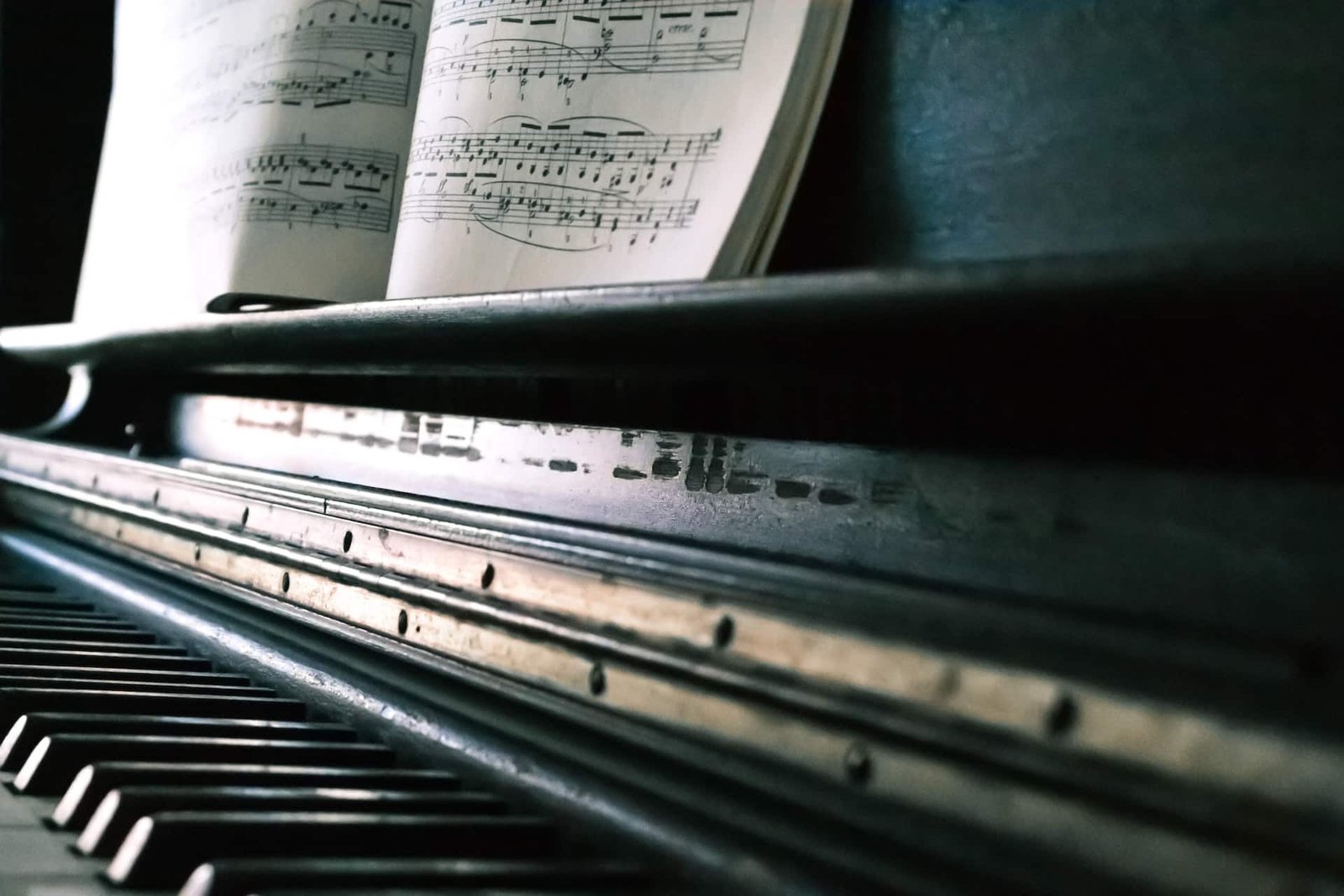The piano is one of the most beautiful and beloved musical instruments in the world. Besides its unmatched musical potential, there are a surprising number of benefits associated with learning how to play the piano music and practicing/playing regularly.
Whether you’re pressing your first keys or performing for sold-out theaters, I hope to inspire you to continue your musical journey with the piano as you read this article. There is so much to gain from learning a musical instrument like the piano, and I’ve selected what I believe to be the top five reasons.
1.. Thanks to MIDI, learning and playing the piano music unlocks all other instruments:
This technically applies to all keyboard instruments, though becoming a skilled pianist lends itself to this benefit as well. With modern audio technology, there are plenty of virtual instruments to choose from. MIDI information largely controls these instruments and what better way to provide MIDI information than with a MIDI keyboard?
If we can become proficient at playing the piano, we can effectively trigger any virtual instrument, including synthesizers, orchestral instruments, drums, and even folly and effects.
The one thing to watch out for here is that not all instruments play like the piano. Barely any do (besides the organ and some synths). Therefore, when controlling a virtual instrument with a keyboard, do your best to study and play the instrument’s limitations on how that instrument would be played naturally. For example, a trumpet plays one note at a time in a 3-octave range, so don’t play the full 7+ octave range with 88-note polyphony (unless you’re being experimental).
- Learning and Playing the Piano Provides Skills Transferable to All Other Keyboard Instruments:
This benefit also applies to all chromatic keyboard instruments. The layout of the piano is super clean and simple, with each successive key being a semitone interval above the previous (from left to right). Learning the piano keyboard will allow a musician to reign over all styles of piano, from upright and grand to digital and electric. Many other instruments, including the organ, marimba, vibraphone, xylophone, glockenspiel, some synthesizers, and some accordions, also shared this layout.
Though these instruments differ in how they produce sound, their note layout (keyboards) is largely the same. Learning the notes, intervals, chord shapes, and patterns of the piano will set us up for success when it comes time to play these other keyboard instruments.
- Playing the piano improves discipline and concentration:
Learning any musical instrument takes a significant investment of time and effort. Learning and playing the piano at a high level takes discipline and concentration.
These skills (discipline and concentration) can be learned and developed with conscious practice. From the mechanics to the in-depth theory, learning to play the piano is a fun way to develop discipline and concentration. Mastering the piano takes a tremendous amount of discipline and concentration, which are traits we can use in many other aspects of our lives.
- Learning and Playing the Piano Improves Music Understanding:
In the previous section, I mentioned how many piano pieces split the hands into rhythm/bass and harmony/melody. The piano is a unique polyphonic instrument that allows for such an arrangement. Pianists have the great benefit of performing and understanding the full range of musical notes and harmony.
The piano is perhaps the best instrument to learn theory with. My primary instrument is the guitar. However, I’d much rather learn theory with the piano. There are several reasons for this:
- There’s only one of each note, represented by a single key. He ordered the notes from left to right in semitone interval increments.
- The polyphony voice count is 88 (one voice per note).
- The sustain pedal can keep notes ringing for extended periods.
Note that when I write music theory, I’m referring to Western music theory, based on the 12-tone equal temperament tuning system.
The piano is a superior instrument for learning theory as we can see and hear the intervals and chords we’re producing; quickly add layers of harmony beyond our 10 fingers thanks to the sustain pedal; access a range of 7 octaves (plus an additional 3 keys); and play this entire range simultaneously. With the piano, we have an entire world of harmony, melody, and rhythm at our fingertips.
Compare that to other common polyphonic instruments like the guitar, which has a maximum of 6 voices (in its 6-string version) and 4 octaves (in its 24-fret versions). A popular monophonic instrument like the saxophone has a single voice and only spans about two and a half octaves.
- Playing and learning the piano boosts confidence:
As we learn how to play the piano and can play the music on the page or in our heads, we have proof that we are becoming successful with the instrument. The piano gives us immediate auditory feedback as we play, which tells us if we’re on the right track or not. As we go through the process of becoming better piano players, it’s only natural that the confidence gained spills over to other areas of our lives. If we can learn how to play the piano, surely we can learn other things, including how to play other musical instruments, so long as we put our minds to it.
We can get to a point where we’re able to play with and/or for other musicians and audiences. In doing so, playing the piano can help us overcome shyness and stage fright. Developing the confidence to perform in front of friends, family, strangers, and even virtually/online will pay dividends in many other aspects of our lives. Learning the piano allows us to engage in such performances.
Learning and playing the piano aids in the development of relationships:
Whether you’re a professional performer or a casual player, learning the piano can help you make new lifelong friends. After all, music brings people together, and if you can play a song or two or understand the piano, there are plenty of other players who share your interest and/or passion.
The relationships range from teacher-student to jam friends, music fans, and professional colleagues (if you decide to go pro and join an orchestra or similar group).
Conclusion
However, you go about it, learning the piano can make you a more compelling person and spark conversations that may have otherwise not happened.
If you’ve developed the skill and confidence to play live, you’ll certainly meet venue owners, music fans, and other musicians. Music excels as a social art, and it makes it much easier to meet new people and develop deeper connections.


[…] best to learn music fundamentals first before exploring advanced music theory. The building blocks that form musical […]